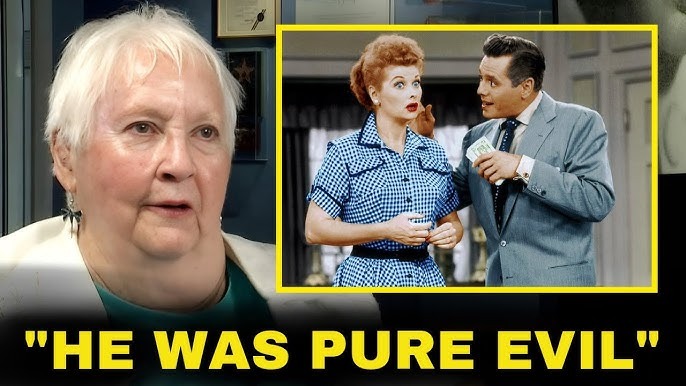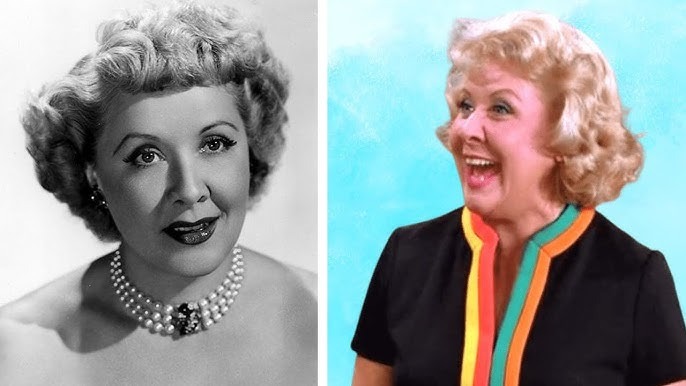Vivian Vance: The Hidden Struggles Behind ‘I Love Lucy’

Vivian Vance, immortalized as Ethel Mertz on *I Love Lucy*, led a life of both brilliance and buried pain that Hollywood obscured for decades.
Born Vivian Roberta Jones on July 26, 1909, in Cherryvale, Kansas, she grew up under rigid Methodist constraints, her mother branding acting as sinful. The second of six siblings, Vance felt alienated, her love for performance stifled by family disapproval, embedding a lifelong inner conflict.
Rejecting her roots, Vance embraced drama in Independence, Kansas, guided by supportive teacher Anna Ingleman. Sneaking out to perform, she adopted “Viv” and later “Vance,” inspired by folklorist Vance Randolph, marking her liberation.
At 21, her talent shone at Albuquerque Little Theater, where community support funded her New York journey. Despite relentless rejection, she secured a chorus role in *Music in the Air* (1932) and starred in *Let’s Face It* (1941) with Danny Kaye, cementing her stage credentials.

Her personal life, however, was a battlefield. Married at 19 to Joseph Danneck Jr., she fled his jealousy after three years. Her second marriage to Philip Ober in 1941 turned violent; his envy of her success led to abuse, once leaving her with a black eye during *I Love Lucy* filming. Lucille Ball, witnessing this, pushed for divorce. Vance’s mental health suffered, with a 1945 breakdown and years of therapy exposing trauma from childhood and toxic relationships.
Cast as Ethel Mertz in 1951 at age 42, Vance achieved fame but was typecast. The rumor of a contract to gain weight for Lucy’s benefit was merely a jest by Ball that became myth; in truth, Vance was styled to appear frumpy with ill-fitting clothes and makeup. Her on-set friction with William Frawley, who played Fred Mertz, was intense—sparked by an age-related quip, their mutual loathing deepened with his drinking.
When Frawley died in 1966, Vance toasted with champagne, unapologetic in her disdain.

Winning the inaugural Emmy for Outstanding Supporting Actress in 1953, Vance felt trapped by Ethel’s persona, overshadowing her Broadway allure.
Tensions with Ball over creative control and grueling scenes—like the chocolate factory bit that made her ill—compounded her struggles. She exited *The Lucy Show* in 1965, seeking escape from typecasting, though later roles in Maxwell House ads and a 1977 reunion with Ball highlighted her enduring appeal.
Vance fought breast cancer from 1973, hiding her agony through surgeries. Before her death on August 17, 1979, a poignant visit from Ball revealed their deep, complex bond.
Final letters exposed industry sexism that thwarted her ambitions. Vivian Vance’s legacy is one of resilience—a comedic genius whose laughter veiled profound personal pain.

